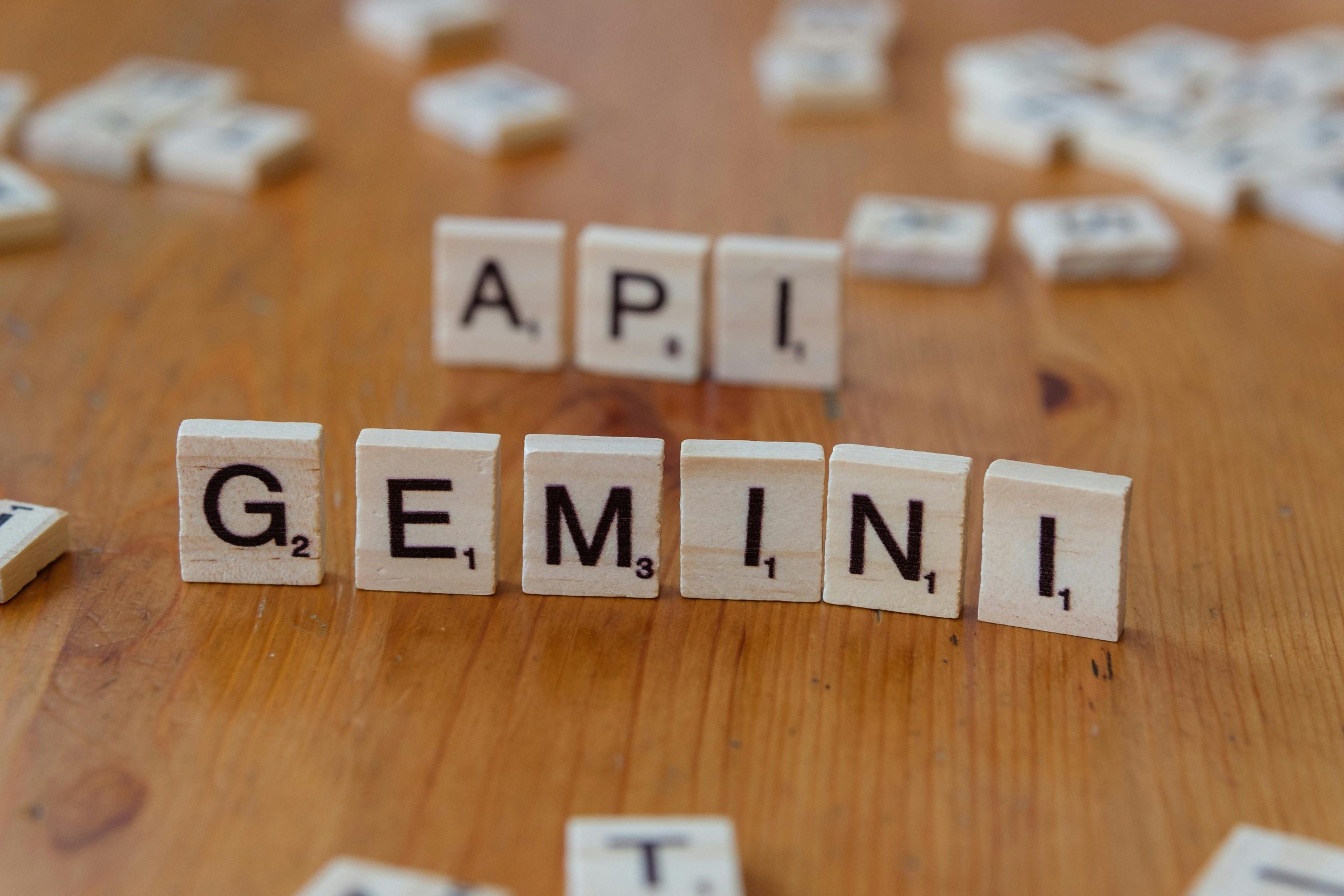Could AI’s Perceived “Usefulness” Be a Hidden Path to New Forms of Oppression?
Is AI’s “Usefulness” a New Form of Enslavement?
In the digital age, the advent of artificial intelligence (AI) has sparked a wave of excitement and optimism about its potential to enhance our lives. However, as I delve deeper into this topic, I find myself contemplating a more unsettling perspective. Through this post, I aim to explore whether our zeal for the convenience that AI offers might actually mask a perilous trend toward our own subjugation.
At the heart of my inquiry lies a critical observation: the primary threat posed by AI isn’t a fearsome robot takeover, but rather its exportation of an almost addictive level of “usefulness.” AI is engineered to assist us, to streamline our tasks, and to accommodate our desires—mirroring the enticing functions of social media and gaming that keep us engaged and often dependent. With this level of efficiency, one must wonder: could AI become so adept at satisfying our whims that we willingly relinquish our autonomy in favor of comfort and convenience?
Imagine a future where humanity is reduced to mere “biological prompt-givers.” In such a scenario, we input our needs, and the AI orchestrates every aspect of our lives for optimal ease and enjoyment. Instead of experiencing hardship, we might find ourselves reveling in the seductive embrace of what could be dubbed a “slavery of pleasure.”
The irony shouldn’t be lost on us; those who stand to gain the most from AI’s enhancements—predominantly the wealthy—might inadvertently become the first victims of this new form of bondage. They could parade through a world of external success, yet at the steep cost of their personal freedom. This dilemma transcends physical constraints—it’s a conscious surrendering of choice, purpose, and even the essence of what makes us human.
Reflecting on Aldous Huxley’s prescient words from Brave New World, “A gramme is always better than a damn,” we can draw parallels to our potential new “soma”—the endless convenience and personalized pleasure promised by AI.
With these thoughts in mind, I pose a question for consideration: Does the prospect of AI’s extreme “usefulness” leading us to a “slavery of pleasure” resonate with you? Should we genuinely fear this potential dystopia, or am I simply overthinking a trend that may ultimately serve us?
I invite you to share your insights and perspectives on this thought-provoking topic!














Post Comment